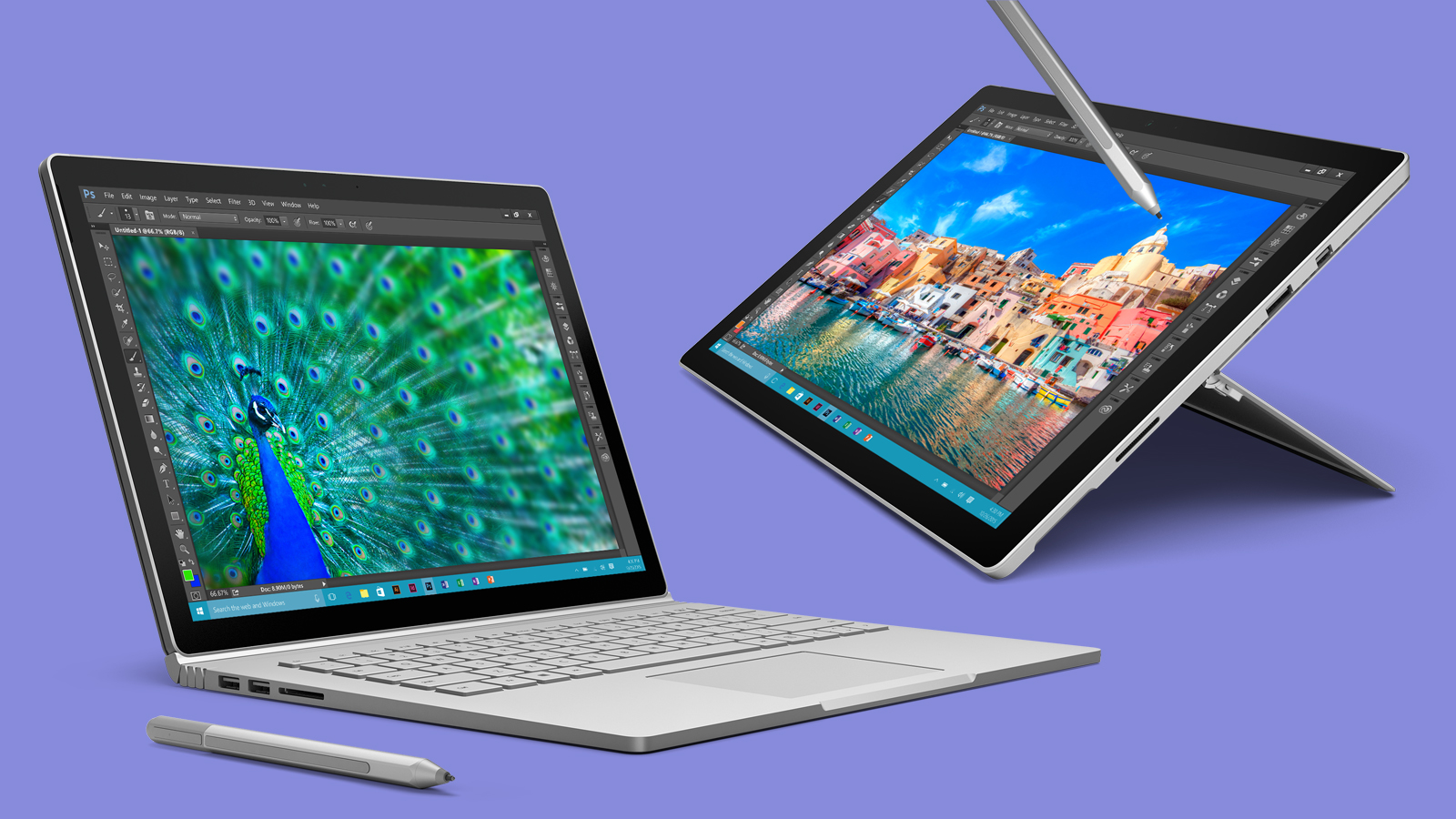8 things Microsoft gets criticised for (but not Apple or Google)
From upgrade prompts to privacy issues

Microsoft has been around for over 40 years and has seen some of the biggest industry changes first-hand. In that time, the company has made friends and enemies, been sued by governments, and sold billions of products.
Apple and Google have a similar story, albeit over a shorter period of time for the latter. But there is one aspect in which these companies differ: Microsoft is often unfairly criticised for things which the other two companies also do.
The reasons for this are varied – some go way back to when Microsoft aggressively fought for the PC and internet markets in the late 1990s, for example – and are certainly worth exploring. And that's exactly what we're going to do in this article, in which we'll explore eight different criticisms, starting with….
1. How they treat users
Microsoft's products and attitude are often criticised for being user-hostile. Windows 8, for example, was derided for being worse than Windows 7 and, while that may be the case, it ignores the fact that Google and Apple have made similar bloopers.
For example, way back when, Google released a tablet-only version of Android – version 3.0 – that was universally considered to be awful, but the company was forgiven after subsequent releases. While Windows 8 wasn't perfect, it paved the way for Windows 10 – which is far better – just as Android 3.0 paved the way for today's versions of Google's OS.
Windows 10 is a definite improvement, as are subsequent versions of iOS and Android, which shows that when these firms apply their minds to a problem, they can usually fix it.

2. How they treat partners
Microsoft's main partners are PC makers. Until recently, none of the computers that ran Windows were actually made by Redmond. However, that changed with the Surface tablet and, more recently, the Surface Book 2-in-1 laptop.
Are you a pro? Subscribe to our newsletter
Sign up to the TechRadar Pro newsletter to get all the top news, opinion, features and guidance your business needs to succeed!
PC manufacturers were not at all happy when the news broke that Microsoft was making a tablet, and the company was roundly criticised for this move in the media and development community.
Google has a similar relationship with its phone makers and arguably wields more control over who does what and when. Reports have surfaced that show Google dictating certain terms to phone vendors like Samsung, but without the same levels of derision shown towards Microsoft.
3. Lobbying
Lobbying is an everyday fact of being a company in the US or European market. Google, Apple, and Microsoft are all aware of this and dedicate some of their revenue to changing, or shaping, policy.
Google is routinely the biggest contributor to lobbying efforts every quarter, spending somewhere in the region of $5 million (around £3.8 million, AU$6.5 million) in each three-month cycle in 2015. Microsoft also spends money on lobbying – around $8 million (about £6 million, AU$10.5 million) total in 2015 – but is seen in a different and more negative light to the search giant.
This could be due to the various antitrust lawsuits filed against Microsoft in the late 1990s and early 2000s, but really, that happened a long time ago now. Apple, too, has increasingly become a player in the lobbying world, even opening a Washington office.

4. How they treat developers
Tim Sweeney, the co-founder of Epic Games, wrote an editorial in The Guardian earlier this year that lambasted Microsoft for its Universal Windows Platform idea, which unifies the platforms behind the PC, tablet, smartphone and Xbox.
"The risk [with UWP] is that, if Microsoft convinces everybody to use UWP, then they phase out Win32 apps," Sweeney wrote. This would mean that many older apps that are supported by older versions of Windows would no longer work.
This criticism is valid, and gained a lot of attention, but is fairly routine when compared to what Google and Apple do with their respective app stores through various policies. Apple's strict approval process has certainly drawn the ire of some developers (and there have been accusations of anti-competitive practices, even). And on a broader level, Cupertino has been annoying developers for ages and has only recently started updating the App Store with the features devs want, such as better search functionality.
Max Slater-Robins has been writing about technology for nearly a decade at various outlets, covering the rise of the technology giants, trends in enterprise and SaaS companies, and much more besides. Originally from Suffolk, he currently lives in London and likes a good night out and walks in the countryside.